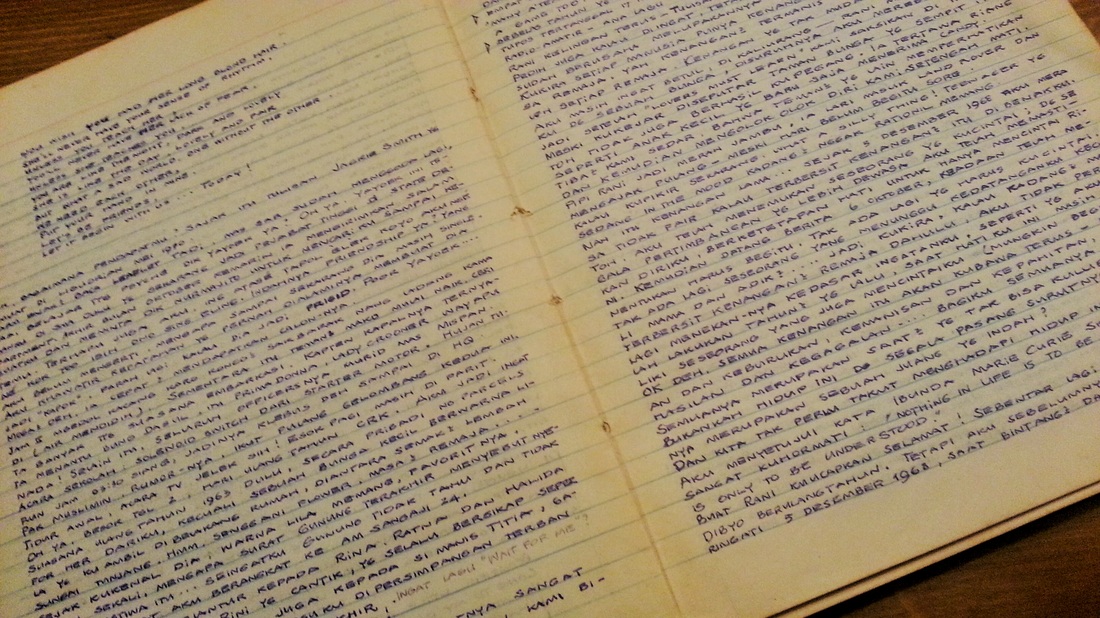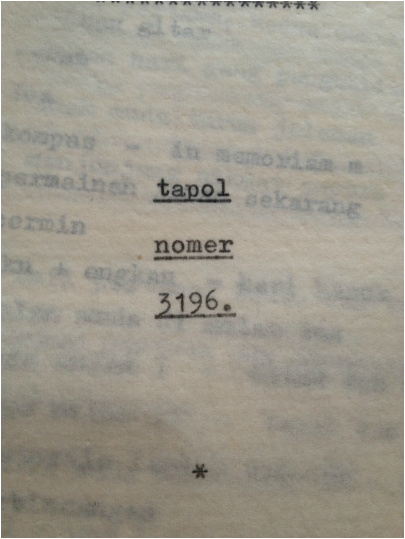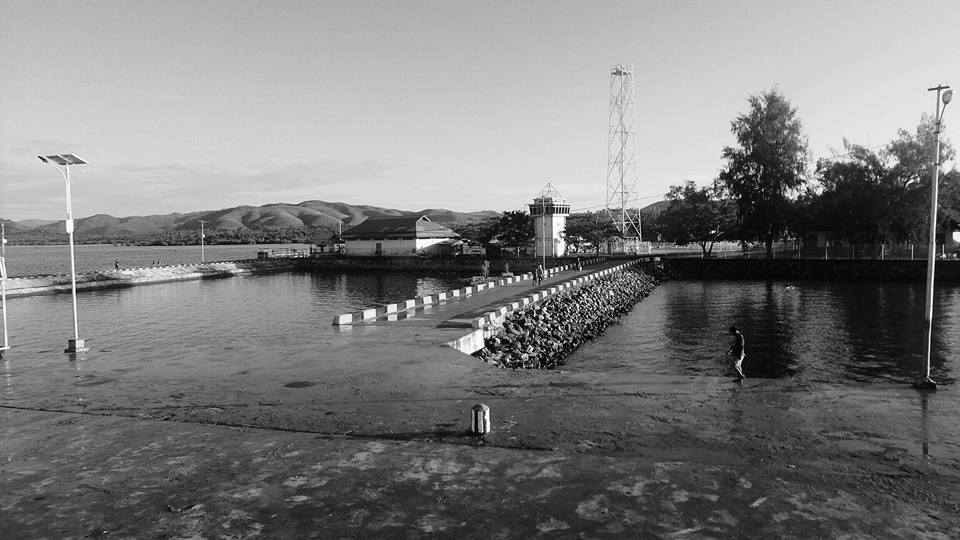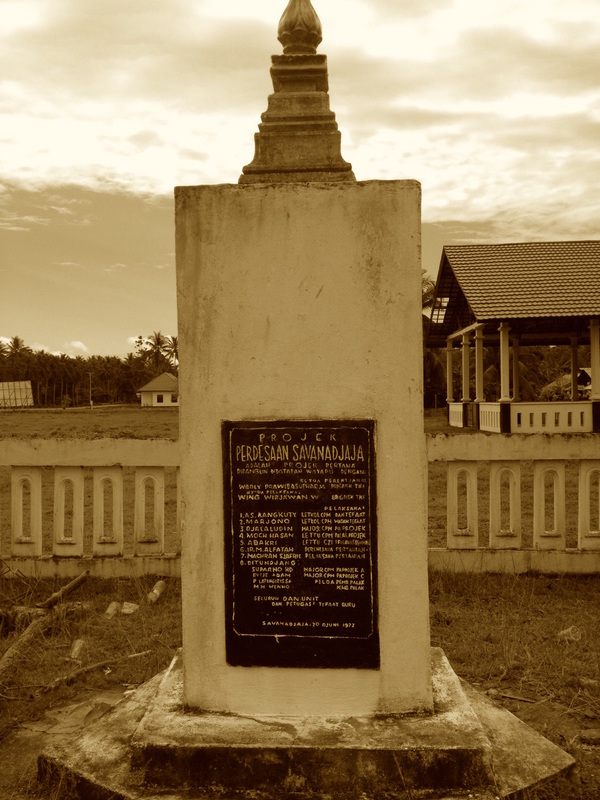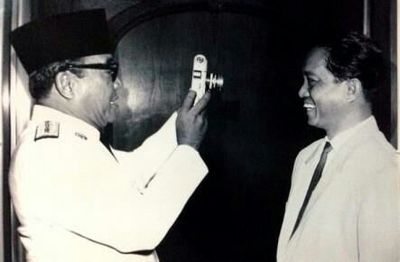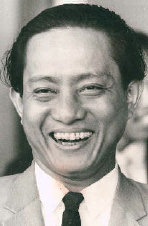The Diaries
Some were super-bright intellectuals who, again, suddenly found themselves on the wrong side, then were given no option other than to endure being a farmer. Some are soldiers who picked the wrong commanders. Some soldiers were deliberately sneaked in to be ‘cockroaches’.
Of all these people, some would go to the trouble of keeping a diary.
This is a photograph of one of the records they create. Because books were scarce, they must fit two lines of writing into one row. And for efficiency, all lines must have aligned left and right. The contents vary – daily notes, research hypothesis on whatever’s accessible, song books, manual for building construction, poetry, love letters. What unified them was that they have passed censorship.
This is also a photograph of a remarkable research material for screenplay I am currently developing. Hopefully the story will take form this coming year.
Ratrikala Bhre Aditya
#1965setiaphari #living1965
Three, One, Nine, Six
The Harbour of Namlea
I have always been interested in what happened in this country. Unfortunately, the history of this country is made up of many dark pages. Because I am interested, I also feel committed to be involved and do the things that I can do and that are possible. One responsibility that flows from that commitment, is working on a documentary about Buru. We still believe that this country can be better. One way in which we can do that is by not lying about a dark past.
Rahung Nasution
#1965setiaphari #living1965
Savanna
This island was used as a natural prison, but it has never been mentioned in history books. The state has never acknowledged that it banished thousands of prisoners there. They were subjected to slave labour, and because of that Buru now is a main supplier of rice for Eastern Indonesia.
By continuing to talk about and discuss the island, we can remember what happened there and the role of the state in the 1965 tragedy. This island is a place where we can learn, so that history will not be repeated.
Whisnu Yonar
#1965setiaphari #living1965
Monument
Maybe it’s also because there is little information about this island at school or in books. But if we look up information on Google, there are more than 487.000 search results. The history of my nation is not only full of stories of heroes, but there are also many dark parts, which have been erased for the interests of those in power.
The photo of this monument is one of the very few artefacts that remain on Buru island. A monument which is a proof of the repressive military regime led by Soeharto.
Whisnu Yonar
#1965setiaphari #living1965
Dad and His Cigar
This happened when President Soekarno and my father, the Central Commitee leader of the Indonesian Communist Party (PKI) Dipa Nusantara Aidit, was visiting Cuba. There, they met with Fidel Castro, Mao Tje Tung and Che Guevara.
As usual, Fidel presented his guests with his finest, the Havana cigar. My father refused politely.
As Fidel, Mao, Che dan Soekarno began enjoying their cigars, they started poking fun at my father. “A fighter for the people needs to be able to enjoy a good cigar in their free time,” they said. The four great leaders then continued to demonstrate how manly and charming it was to take pleasure in a good cigar.
My Dad was tempted, and drew a cigar. Soekarno could not help sniggering – he exploded and dissolved into laughter. To Mao, Fidel dan Che, he only said, “just wait and see, this will be funny.”
As though responding to Soekarno’s remark, Dad went into a coughing fit right after his first inhale. Mao, Fidel and Che laughed together with Soekarno, while continuing to mock my father. Finally, dad gave up. With his face reddened, he put down the freshly lit cigar into an ashtray.
Soekarno knew my father very well, he knew that my father never smoked even a single stick of cigarette. Let alone a cigar!
When he got home, Dad told mum about this. Mum told him, “Oh well, maybe it is time you start enjoying a good cigar like they do.” So, several days later, while winding down at night, my dad asked mum where she kept the box of cigars that Fidel gave as a souvenir.
Mum smiled knowingly. This was the night that her husband, Dipa Nusantara Aidit, the leader of the central committee of PKI, the biggest communist party in the world, will start learning to enjoy a good cigar.
Father started to lit his cigar. But as always, again he got into a coughing fit.
This time, it was mum who exploded in laughter. She could understand then how those communist leaders must have seen dad: exactly how she saw how hopeless dad was at enjoying a cigar.
Ilham Aidit
#1965setiaphari
#living1965
Photographs: by Agan Harahap (left), and collection of Ilham Aidit (right).
